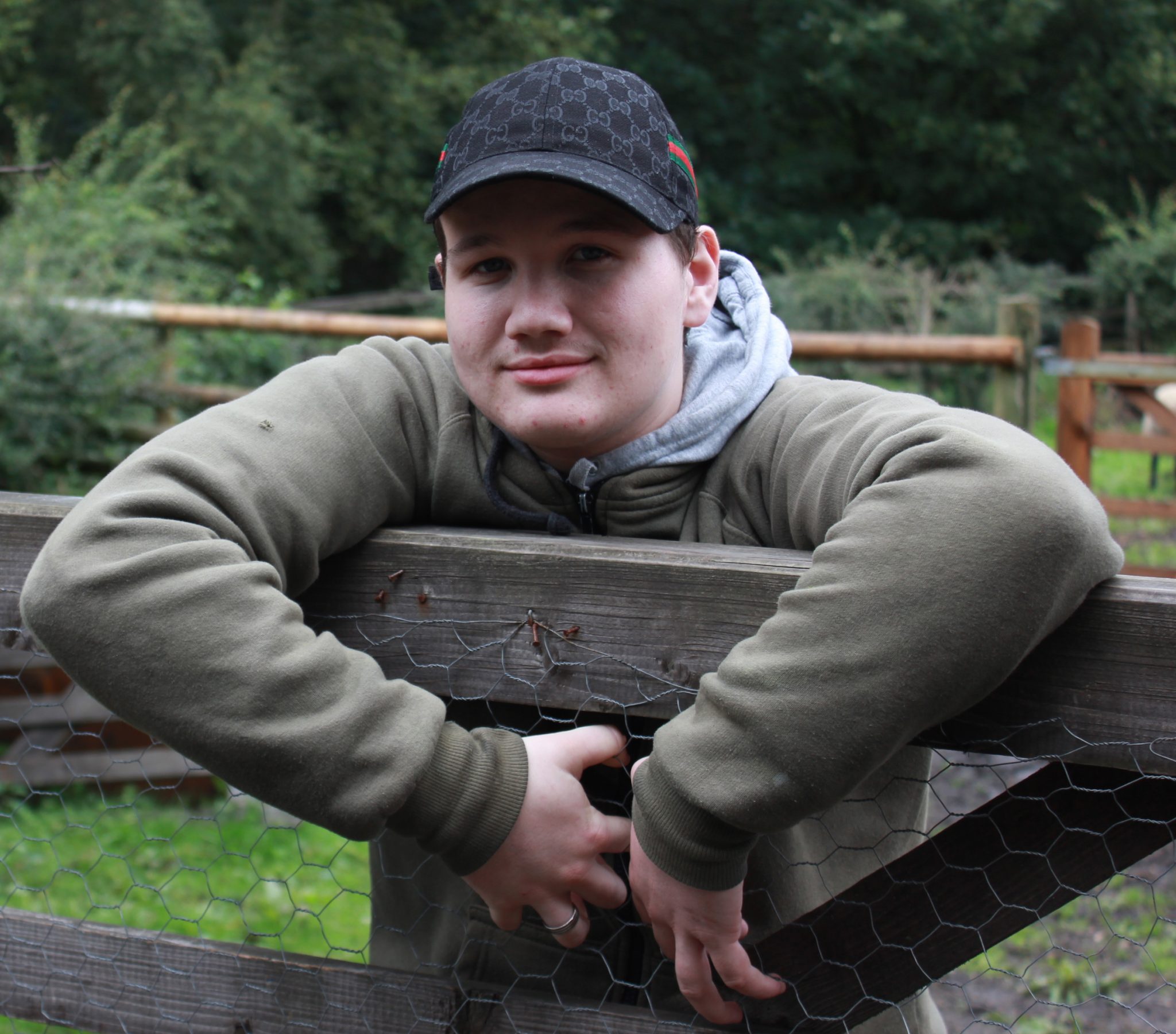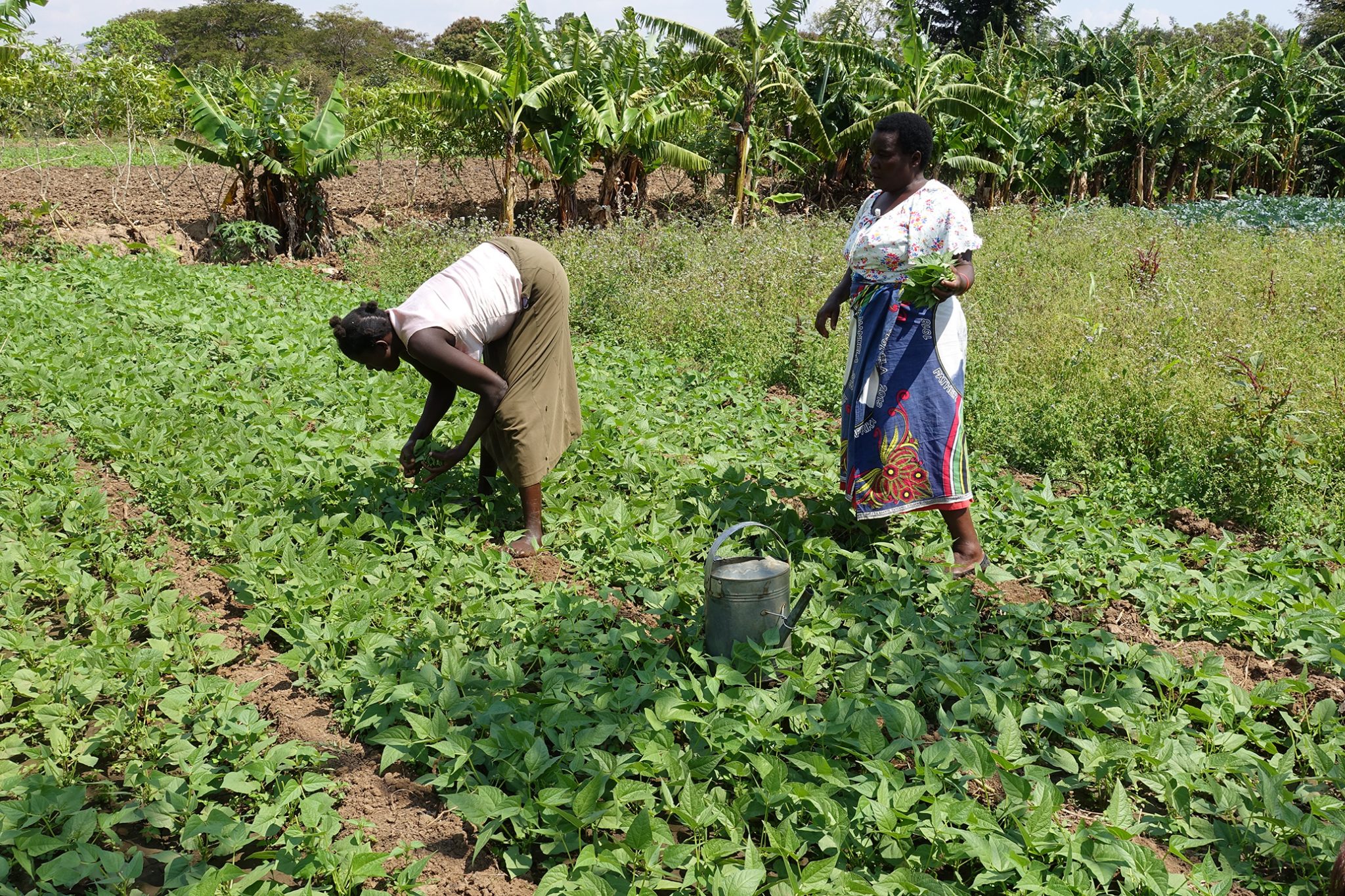Co-operatives answer needs. Those needs may vary – but whether you’re in Rochdale or Rwanda, working together and using an ownership model that puts people first creates benefits far beyond individual profit. But educating people about how the co-op model works, or even making them aware of it in the first place, requires a deft touch and the ability to work with relevant partners in very different communities. This skill is one that the Co-operative College has been honing over the last 100 years.
Here the organisation’s UK programmes manager, Gemma Obeng, and international programmes manager, Sarah Alldred, look at how the Co-op College is helping to transform communities by raising awareness of co-operative ways of working.
Generation Co-op
How do you develop and inspire a new generation of co-operators? How do you empower them to develop their skills and knowledge so they can have a positive impact not only on their own lives but also on their communities?
For the College, the key answer is making sure we work with the right people, partnering with organisations that already have reach in communities (geographic or social) where co-operation can address some of the key challenges of our times. Some of those biggest challenges are for young people.
For children in schools – particularly those in deprived areas – we have been delivering our Young Co-operatives Programme, which over the last decade has given thousands of 8-18 year olds the chance to set up and run their own co-operative businesses, letting them know this model exists, while helping them develop important business and life skills.
In partnership with the Greater Manchester Youth Network (with support from the Co-operative Foundation and the #iwill fund) we’re helping to tackle youth loneliness, particularly among care leavers. The 25 young people involved in the Youth Co-operative Action project worked co-operatively to design and perform a stage show featuring rap, singing and a desert island monologue. They highlighted the damaging impact that loneliness can have, using their own stories to bring the performance to life and reducing the stigma attached to feeling lonely – boosting their confidence and self-esteem in the process.

We’re also working with the Autistic Society for Greater Manchester (ASGMA), Enable and Mencap on a three-year project in Manchester, Cannock (the Midlands) and Fife (Scotland) to support young people with learning difficulties, disabilities and autism to engage in a series of activities twice a week through the Co-operative (Ad)venture initiative. Funded by the Pottersbury Lodge Trust, sessions help young people gain a deep understanding of co-operative values and practices with the aim of setting up their own “co-operative” to tackle problems they collectively identify in their local community.
Related: Plans for a co-operative university to reshape UK education
On the back of the above projects, we’ve secured support from the Royal Bank of Scotland Skills and Opportunities fund to deliver Together Enterprise, Scotland which aims to empower 25 young people aged 16 to 24 who are not currently in education, employment or training from the Pilton area of Edinburgh to set up and run their own co-operatives. We’re running a similar programme in Rochdale, supported by the Co-operative Group; our vision is for a Co-operative Hub to be developed in Rochdale and we are working with the council to make this a reality. We want to develop a space for co-operative thinking which acts as a centre for young people’s projects, where co-ops can be formed and access to advice and guidance is freely available.
These projects all encourage people to learn about co-operatives, co-operative ways of working and enterprise through working co-operatively: learning by doing. Education isn’t just about sitting at a school desk. Marketing, budgeting, legal structures, social media, network mapping and business planning are some of the important skills young people want to learn, but teamwork, self-confidence and group decision-making are just as important co-operative skills, and are vital to help prepare the next generation of co-operators.
Co-operation beyond borders
Ever since its inception in 1919, the Co-operative College has had an international reach, from receiving a regular cohort of international students on courses at its former Stanford Hall site to more recently developing our expertise in International Co-operative Development. As the world feels ever more divided, it’s critical for the College that co-operatives, supported through its internationally agreed values and principles, continue to act as a vehicle for transforming the lives of everyday people
As an organisation, we’ve worked hard to build relationships right across the globe through the support and solidarity of the Co-operatives Europe Development Platform (CEDP) and the International Co-operative Alliance (ICA). Aligned to the UN’s Sustainable Development Goals, all our co-operative education and training programmes aim to improve the lives of individuals and their communities, inspiring people to work together to build a fairer world.
We currently run international projects in Malawi, Zambia and Rwanda, supporting the start-up and development of co-operative enterprises. It is this work across Africa with smallholder farmers that has seen us make a huge impact, co-operating across borders to enable individuals to take control of their own lives.
In addition to our training, which has a particular focus on giving women and young people a voice, we also partner with experts in their field to equip people with the complete set of practical skills their co-operative will need. Partnership is crucial to the work we do.
The results from our work in Malawi have been particularly impressive. Our training has benefited over 48,000 people since 2012. In a country where 71% of the population lives in extreme poverty, we’ve reached over 2,500 young people, increasing their income by 91%. This has transformed not only their futures but also those of their families. What’s more, as a direct result of our training, 68% of leaders sitting on co-op boards are now women. The income of women in co-operatives has also changed dramatically, up 24%.

It is these kind of results that prove just how transformational the co-operative model can be, with our training in leadership, governance, business enterprise, and gender and youth engagement empowering people with the tools to do it for themselves.
We began working in Zambia with Christian Aid in 2018, supporting 4,000 farmers (75% of which are women) and associated self-help groups with training to set up and successfully sustain co-operatives.
Our project in Rwanda has seen us partner with Tearfund, working in a country where co-operatives have become a route back into work for women who were widowed as a result of the genocide that led to the loss of over one million lives.
Related: Cilla Ross on the journey of the Co-operative College
This unique partnership has acted as the catalyst for communities and individuals who are learning to trust each other again, and with 90% of Rwandans engaged in subsistence agriculture, co-operatives have emerged as a natural solution to a number of the challenges that have emerged. Our sessions have equipped a network of trainers with the skills to return to their communities and spread their knowledge of co-operative values and principles, governance and finance even further. This in turn has led to communities that were once divided coming together for the common good, with co-ops now seen as a route to peace.
It is this role of co-operatives as a route to peace that has formed the core of the recent Co-operatives Europe report that the College played a key role in pulling together. Cooperatives and Peace: Strengthening Democracy, Participation and Trust – A Case Study Approach highlights how co-operatives can be a hugely powerful tool for change, re-connecting communities and individuals that were once divided.
To find out more about any of these projects and how you could get involved, visit www.co-op.ac.uk/ukprojects or www.co-op.ac.uk/international